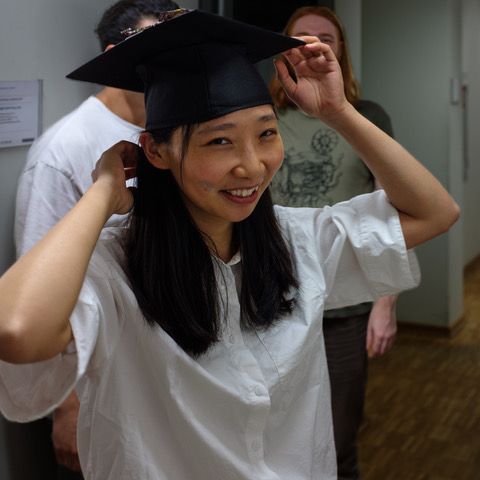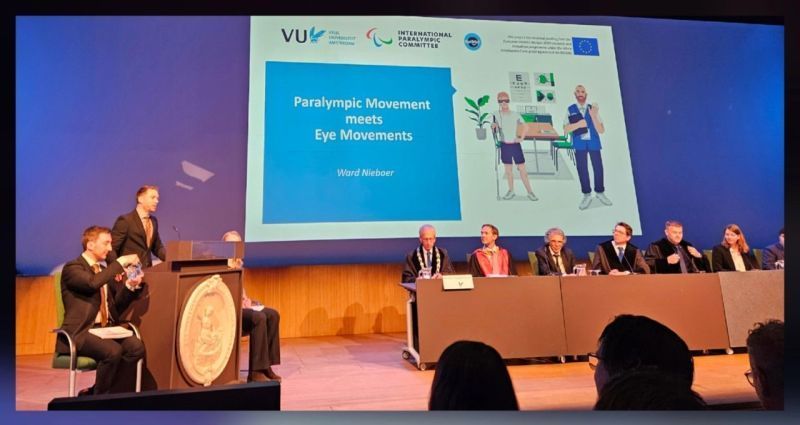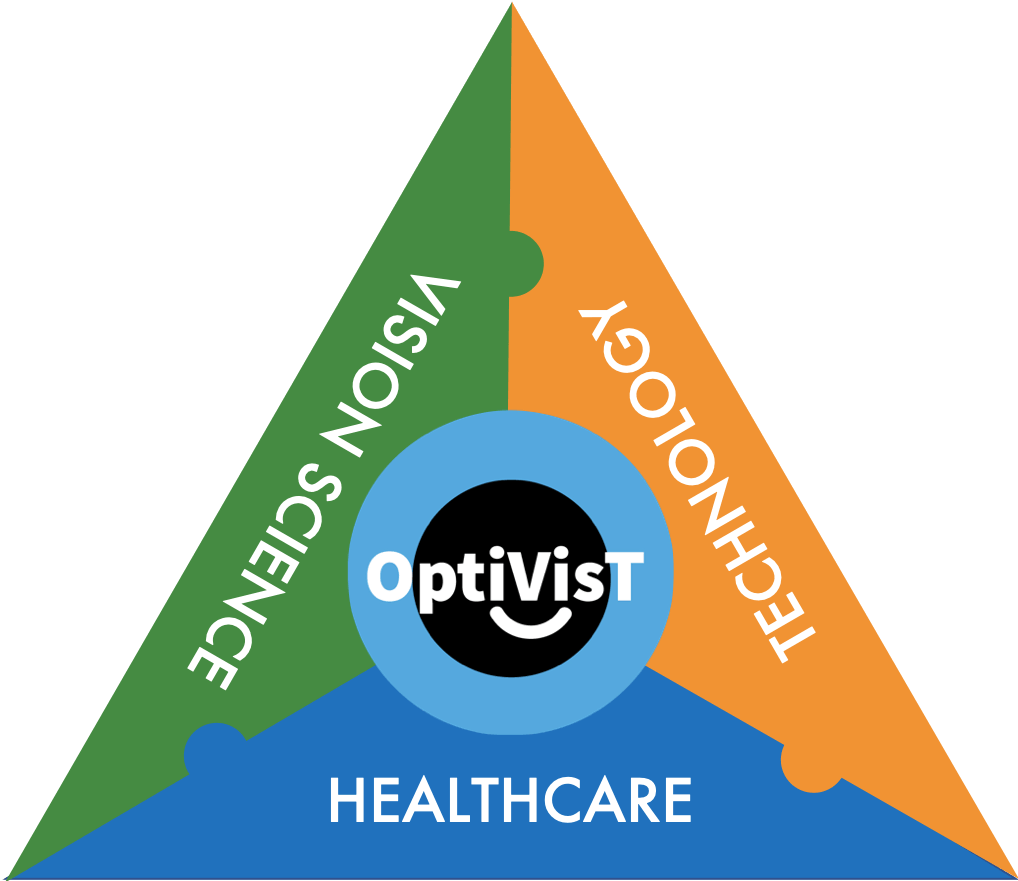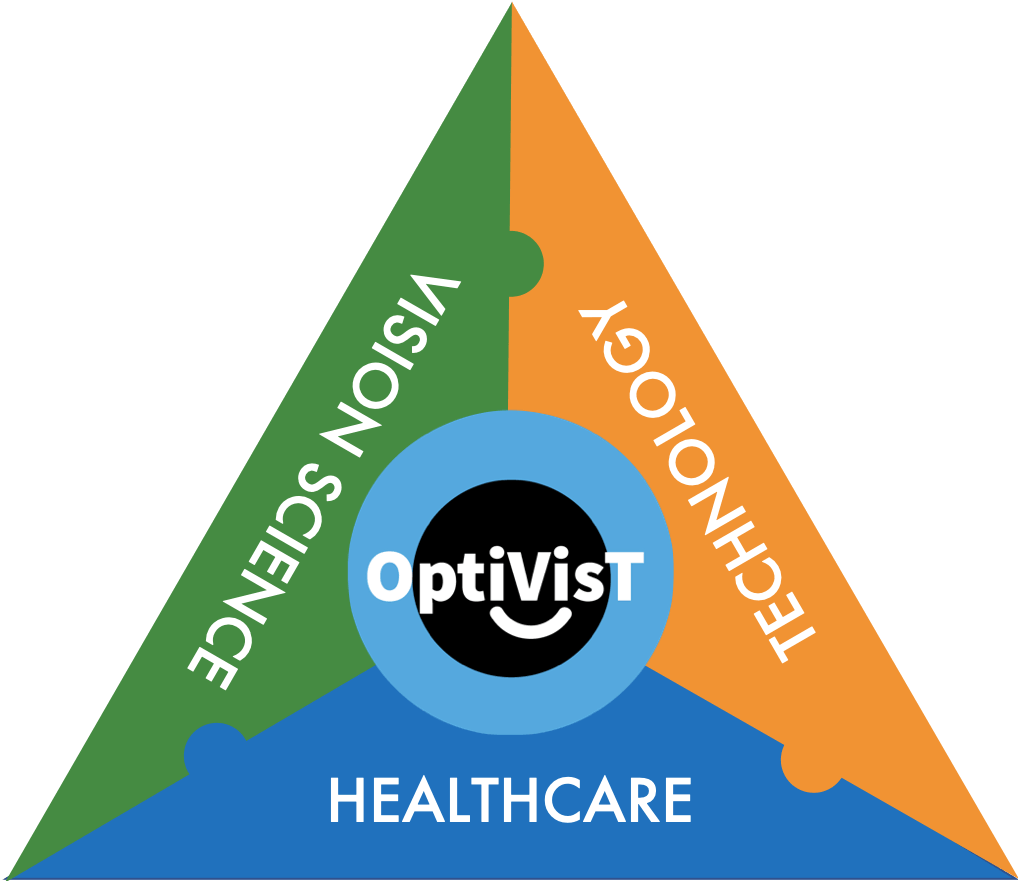NEWS
#optivist
MISSION
The key mission of our I nnovative T raining N etwork (ITN) OptiVisT is to enhance the societal participation of individuals with vision impairment through innovative and inclusive care. To achieve this, we acquire new knowledge and, in particular, design new and innovative tests to assess functional visual abilities, and tools to train and augment them. To this end, we have brought together and are training Translational Vision Scientists, for them to become experts in the foundations of vision science , technology and healthcare .
PROJECTS
We have recruited 15 Early Stage Researchers (ESRs) to work on research projects in the field of vision science,
technology and
healthcare. The projects are hosted by world-leading institutes in science, including the VU Amsterdam, CITY University London and the University Medical Center Groningen. Research is conducted using various techniques including eye-tracking, EEG, psychophysics, machine learning, perimetry, and virtual reality.
TRAINING
The “OptiVisT experience” provides training to the 15 ESRs to make them the pivotal next generation of specialists in Translational Vision Science, ready to take on leading positions to the benefit of healthcare, industry and science. Our consortium offers all the essential components to nurture this new generation of cutting-edge scientists: they will learn how to quantify the visual demands of activities of daily living and to use their new insights to design objective, effective and easy-to-use tests and tools of functional vision. All OptiVisT ESRs are also enrolled in a doctoral program in order to obtain their doctoral degree.











